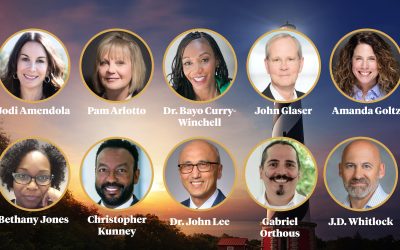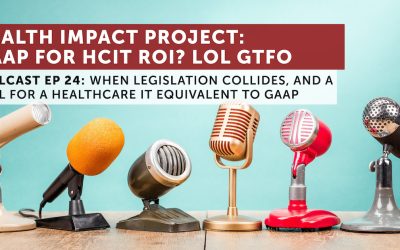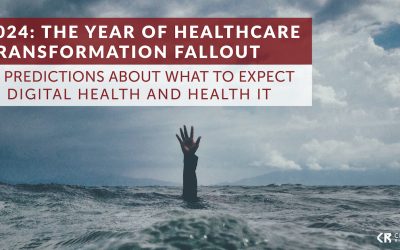Reporting Live:
Attending this afternoon’s session titled Personal Genomics. Looks like a good line-up/panel: Linda Avey (23andMe), George Church (Harvard Med), David Hunter (Harvard School of Public Health, and Michele Cargill (Navigenics).
Linda is lead off speaker: The pace of genetics research is actually quite slow as there are simply not enough data points (people) contributing their genetic information, along with what medications they may be on to better understand the match between drug efficacy and personal genomics. Launched in 2007, have just released Version 9 this month. Illumina drop the price significantly to actually do the tests, thus a partial reason for price drop. See customers sharing their genetic information with each other, much like a social community. Surveys, consumer generated, are becoming popular on their service as well. Is this becoming as much as a social platform as a research platform?
For consumer 23andMe gives you “ancestry painting”, halogroup (where you might be from), some gene matching with relatives or others within community and an ability to “browse your genome” – looking at the chromosomes (pretty technical). Provide health trait info as well – only gave a diabetes example answering the question as to how likely are ou to contract Type 2 diabetes. Also have such for certain cancers. This is one of the most difficult areas to provide information around and thus the most controversial.
Jumping on the Web 2.0, Health 2.0 bandwagon, Linda referred to what they are doing and planning as Research 2.0: Similar to Web 2.0, leverages a large centralized database, is transparent, has active social communities, and of course – Web-based.
George Church: Presented info on the Personal Genome project. Reflected on the plummeting costs of sequencing, changing by a factor of 10 each year! In 2008, it costs $5K, next year predicted to cost $1K. Very techie presentation showing lots of pictures of lab equipment prototypes. Honestly, not much to walk away with other than that dramatic price decrease and obviously, that will lead to greater use.
David Hunter: Opening by stating he may rain on the parade. David sad there a few reputable firms but the market is seeing more and more fly-by-night firms. Gave example of HairDX.com does a cheap test on a hair sample that is complete snake oil. Some questions he has: How do these compnaies usefully and effectively communicate risk found from a genetic profile? What interventions are suggested to capitalize on the information gained? How is that information communicated to not only the consumer, but their care providers?
Big issues around prediction of disease risk, disease diagnosis or prognosis, and the response of caregivers. We are at the very VERY early days of identifying genetic risk factors. Rapid pace of research will help increase the number of clearly ientified variants but we are still 2-3 years out to address the most common diseases. Most research has focused on Northern European ancestry, other populations groups are very poorly represented. Does not recommend genetic tests at this time, sees a few more years of research needed before he can recommend such testing and the use of their results by doctors.
Michele: Talked about the Navigenics solution – core message, Improve Individual’s Health Their product, Health Compass is all about looking at consumer’s predisposition to genetically traceable diseases. Very brief presentation – not much more than an elevator pitch.
Q&A Session: Biggest issue that came up during Q&A was the question of validity of genetic tests for determining health risk(s). Panelists readily admitted that with only a couple of exceptions (e.g., BRAC-A1) there is not enough data currently available to determine, with a high degree of confidence that one is susceptible to a given disease. Both Linda and Michele stated that while this may be the case, exposing a potential genetic risk factor may change behavioral practices for the better. All panelists are hoping/counting on the lower cost of testing, combine with consumer curiosity will lead to more consumers getting genetic testing done, leading to more data and subsequently, better predictability of risk factors.
I asked about policy and regulations – are they keeping up. Unanimous consensus that no, they are not. Big issue for the start-ups (23andMe and Navigenics) is the piecemeal state-by-state approach that is now occurring. Linda is looking for federal leadership. Guess she’ll be waiting for the next administration, though doubt this will be at the top of their agenda.




0 Comments
Trackbacks/Pingbacks